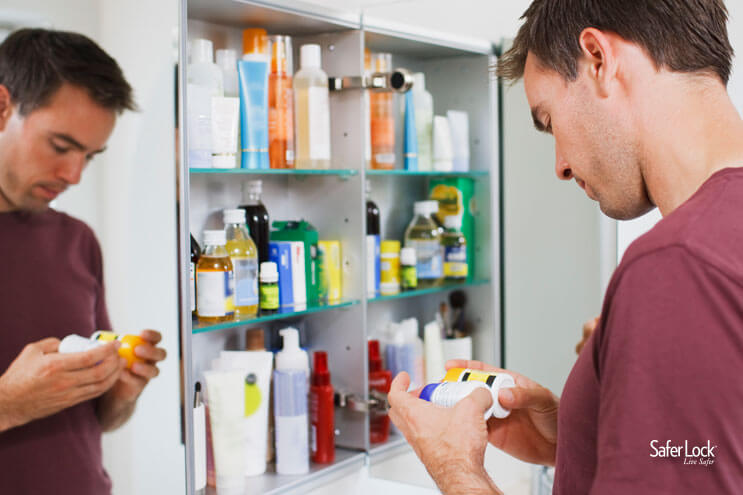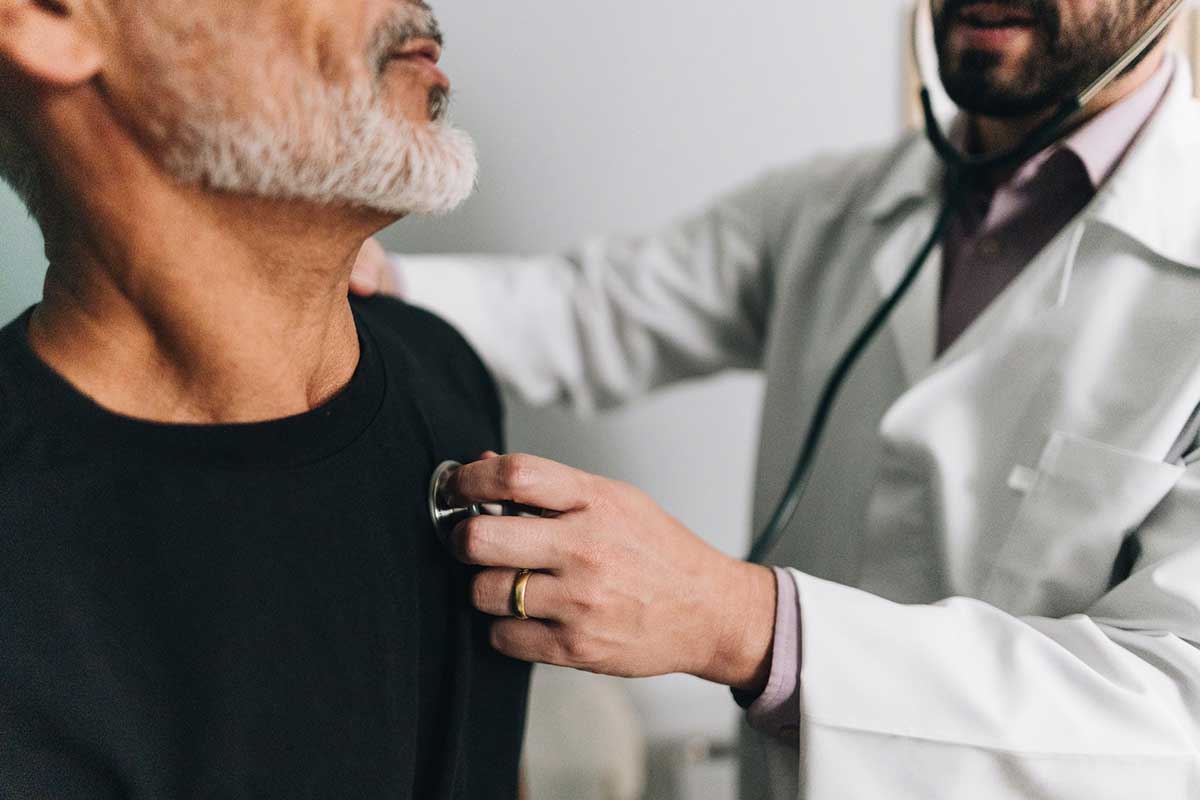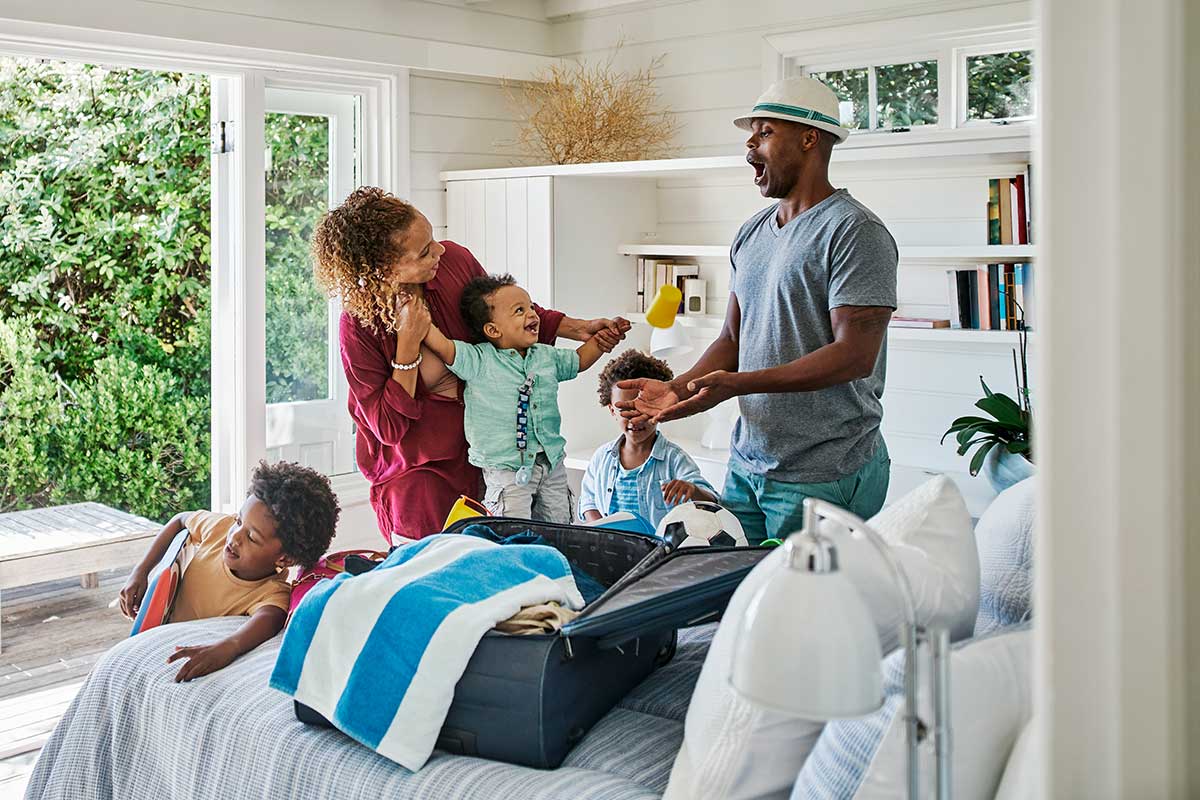Your medicine cabinet can be one of the most dangerous places in your home. Powerful prescription medications can be misused, abused, or lead to accidental poisoning. Even OTC medicines for treating colds and coughs can pose a danger to curious children.
There’s no better time to prioritize organizing your medicine cabinet than now.
This month brings National Rx Take-Back Day – a day to safely dispose of unwanted and expired medications.
National Prescription Drug Take-Back Day
National Rx Take-Back Day helps make it easy to safely get rid of medications you no longer want or need.
Rx Take-Back Day addresses the crucial public safety and public health risks associated with holding onto unneeded medications or disposing of them improperly. DEA Take-Back days have successfully removed over 19 million pounds of unneeded prescription drugs from communities.
According to the Centers for Disease Control and Prevention, the U.S. has seen a 251.7% increase in drug overdose deaths over the last 20 years (2003 to 2023). In recent years, the driving force behind drug overdose deaths has been fentanyl, a synthetic opioid used in counterfeit prescription pills and added to illicit street drugs.
Removing unneeded medications from your home is a preventative measure that can help prevent medication misuse and opioid abuse from ever starting. When you remove powerful prescriptions from your home, you make it harder for children, teens, family members, and visitors in your home to “shop” your medicine cabinet. Find out if someone has been stealing your prescription meds.
Drug Take-Back Day offers locations throughout the country where you can dispose of unused and expired medications in a safe, responsible, and convenient way.
How to Participate in National Rx Take-Back Day
From 10 am to 2 pm, drop off old, unneeded medication at a location near you and do your part to help prevent accidental poisoning and intentional abuse.
Here’s how you can make medication safety a priority in your home this month, leading up to Rx Take-Back Day on April 26, 2025.
Leading up to National Rx Take-Back Day, set aside some time this month for the following:
- Organize your medicines and eliminate old, expired, unwanted, or unneeded medications. (Store out of sight and secured until Drug Take-Back Day).
- Secure the medications you plan on keeping with a locking cap or medication lock box to deter unauthorized access to powerful prescriptions.
- Store medicines out of sight and out of reach of children.
- Talk to teens about the dangers of prescription drug and OTC medicine abuse.
Start the Conversation
Open communication with your children, the adults in their lives, and elderly loved ones about medication safety can have an important and lasting impact on everyone.
Talk to Your Kids
Having open, honest conversations about the risk of prescription drug addiction, abuse, and overdose with children is monumentally important.
Kids who learn about the risks associated with drug use from their parents are up to 50% less likely to experiment with drugs in their teen years than those who don’t.
Don’t stop with prescription drug safety. Be sure your kids know the dangers of abusing cough syrup and other OTC medications, as well.
Talk to Adults in Your Kids' Lives
If your children spend time at another adult’s house—family member, neighbor, babysitter, or friend—you’ll want to talk to them about the dangers of leaving medications within reach of curious hands.
Tell them about Rx Take-Back Day and ask that they keep their medications safely stored and out of sight so that your children won’t be faced with temptation.
Talk to Elderly Family Members
Many people assume that the older adults in their family are managing medications properly, but that’s not always the case.
Seniors take more medication than any other U.S. group, and, because of the added exposure, kids who live with grandparents are at the greatest risk of accidental fatal medicine poisoning.
Check in with older family members and make sure that their medications are being properly managed. Help them go through their medications and prepare for Take-Back Day, making sure that they’re clear on dosage as well as side effects and interaction issues they might expect from the medications they take. Then, help protect them from the risk of prescription theft by making sure their medication is stored properly.
Get the Word Out
Spread the word about Rx Take Back Day and the importance of proper medication disposal.
Tell your friends, neighbors, and fellow parents about the risks of prescription drug access for curious children and for teens who may mistakenly believe that a prescription drug is “safer” to try than an illicit street drug.
Get the word out about the upcoming Take-Back Day and the ways you’re protecting your family by disposing of unneeded medications.
The more people who know the benefits of properly disposing of unneeded or expired medications, the less risk of dangerous medications ending up in the wrong hands.
How to Prepare Medication for Disposal
While tackling a project like cleaning out the medicine cabinet can seem daunting, it can be easily broken down into four steps:
- Gather all your medications in one place. Separate medicine that you still need from expired, unwanted, or unneeded medications.
- Maintain your privacy by removing all labels with identifying information from bottles.
- Locate the Drug Take-Back Day location in your community. Immediately drop off meds or secure them in a locked medicine box until you can.
- Lock up medications that you are still using, then store them out of reach and out of sight.
If you can’t make it to a drop-off location on Drug Take-Back Day, there are other ways to safely dispose of unwanted medications
- Many states have year-round or permanent drug take-back programs, with on-site drug disposal boxes, mail-back programs, or local medication take-back events held at different times throughout the year.
- If you have no choice but to throw meds away at home, the FDA recommends mixing medication with something unpalatable — like kitty litter or coffee grounds — in a sealed plastic bag before disposing of it in the trash.
Take your cue from Rx Take-Back Day and use this time to ensure that your family is using medication safely, for spreading the word about proper medication disposal, and for safely getting rid of drugs that you no longer want or need.
This blog post was published in 2021 and updated in April 2025 with updated information and to ensure its contents continue to be relevant and accurate.



